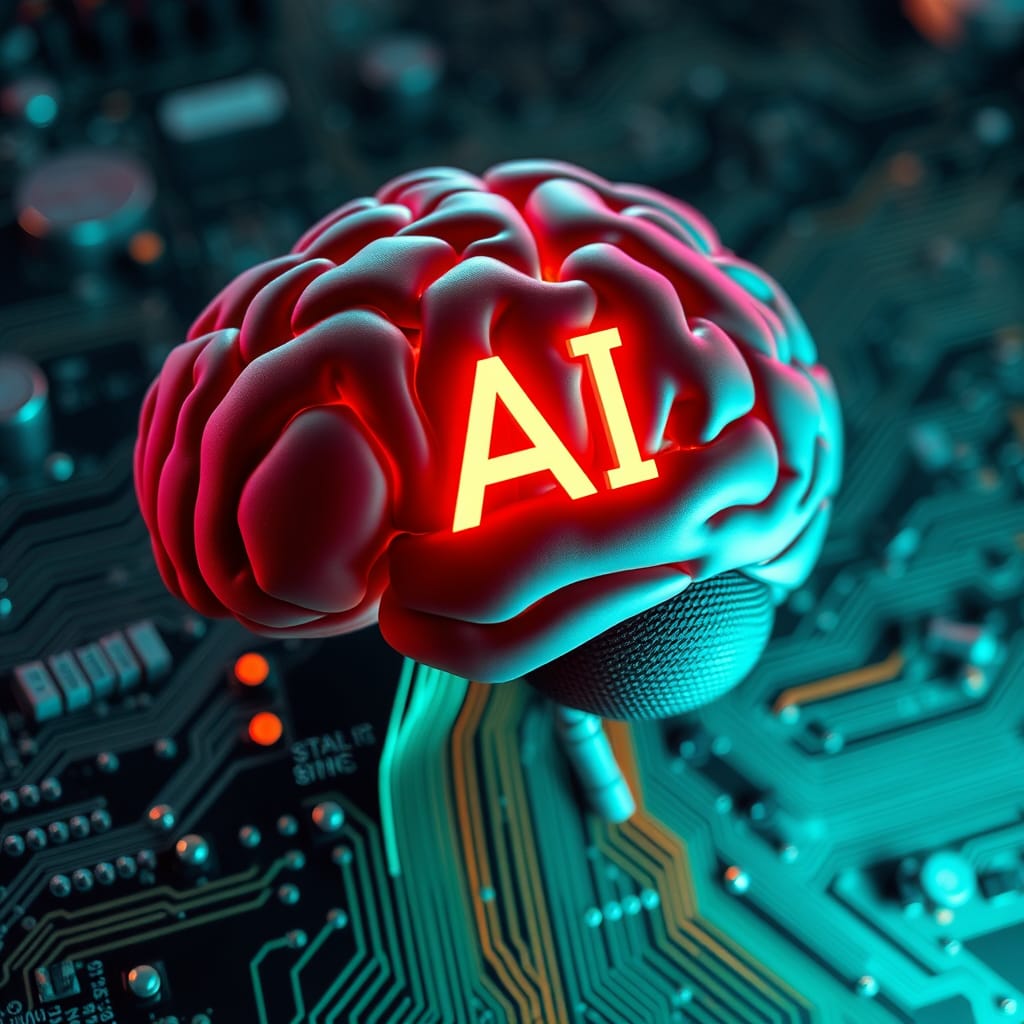The use of artificial intelligence (AI) has become a pivotal force in reshaping how we live, work and interact with the world around us. From healthcare advancements to everyday conveniences, AI is driving a wave of innovations that are improving the quality of life for people globally.
The healthcare sector has improved tremendously thanks to the use of AI, with machine learning algorithms doctors can now analyze large amounts of medical data enabling early detection of diseases such as cancer and Alzheimer’s. Using AI-powered imaging tools doctors are able to identify tumors in radiology scans with higher accuracy than early traditional methods, facilitating early intervention and an increase in patient survival rates.
In addition to diagnostics, AI is also enhancing treatment protocols. Personalized medicine that is tailored to an individual's genetic makeup, is now becoming a reality thanks to AI's ability to process and interpret complex biological data. The use of virtual health assistants powered by natural language processing to provide patients with immediate and reliable medical advice reduces the burden on healthcare professionals and ensures timely health care provision. Furthermore, AI is improving operational efficiencies in hospitals. Using predictive analytics hospitals are now able to allocate resources more effectively, manage their patient flow and optimize scheduling. This leads to reduced waiting times and better patient outcomes. Robotic surgeries, guided by AI, offer precision and minimizes human error, making complex procedures safer and more successful.
The integration of AI into our daily life is now making tedious tasks more convenient and efficient. Smart home technologies, such as AI-driven thermostats, lighting systems and security cameras, offer users with personalized control and automation. These devices learn user preferences and adjust their settings automatically, enhancing comfort and energy efficiency. Voice-activated virtual assistants like Amazon's Alexa, Apple's Siri and Google Assistant have now become a basic household commodity, simplifying tasks such as setting reminders, managing schedules and controlling smart devices. These AI assistants are continually evolving, with advancements in natural language understanding enabling them to have a more intuitive and human-like interaction with users.
AI is also revolutionizing transportation. Autonomous vehicles, equipped with advanced sensors and machine learning algorithms, promise people a safer and more efficient travel. Companies like Tesla and Waymo are leading the charge in developing self-driving cars that can navigate complex urban environments, reducing the likelihood of accidents caused by human error. Additionally, AI-powered navigation systems provide drivers with real-time traffic updates and optimal route suggestions, this helps in saving time and also reduces traffic congestion.
In the workplace, AI is driving productivity and innovation across all industries. The automation of repetitive tasks allows employees to focus on more strategic and creative activities. AI-powered tools used in data analysis, customer service and project management are streamlining workflows and improving decision-making processes. For instance, AI chatbots help in handling customer inquiries around the clock, providing instant support and resolving issues efficiently. In finance, AI algorithms help in detecting fraudulent transactions and assessing credit risks with unprecedented accuracy. In manufacturing industry, AI-driven robots and predictive maintenance systems enhance production quality and reduce downtime.
AI is also revolutionizing the way we learn and develop skills. Personalized learning platforms use AI to adapt educational content to individual needs, ensuring more effective and engaging learning experiences. In professional development, AI-driven tools provide tailored training programs and career recommendations based on skill assessments and market trends.
